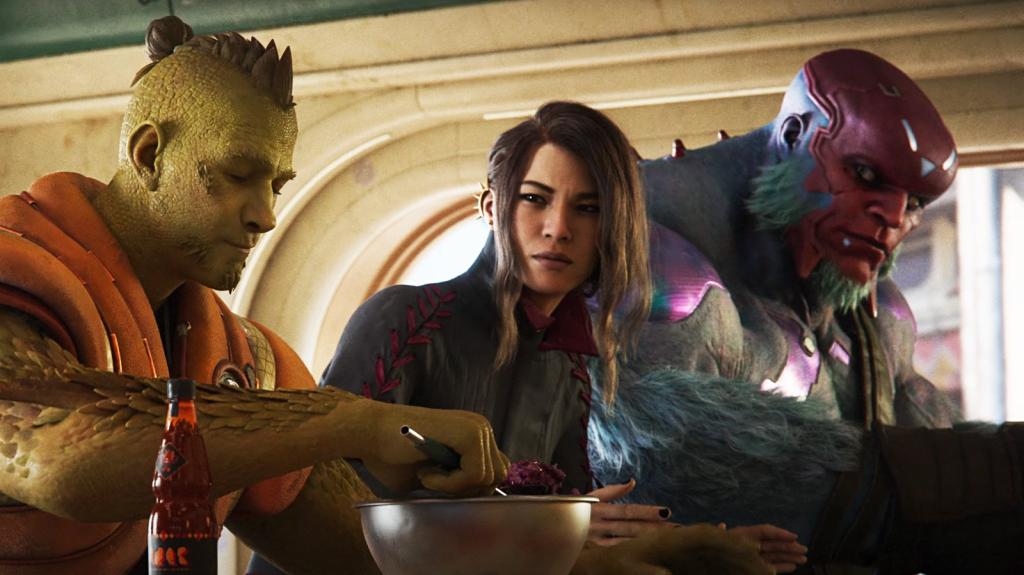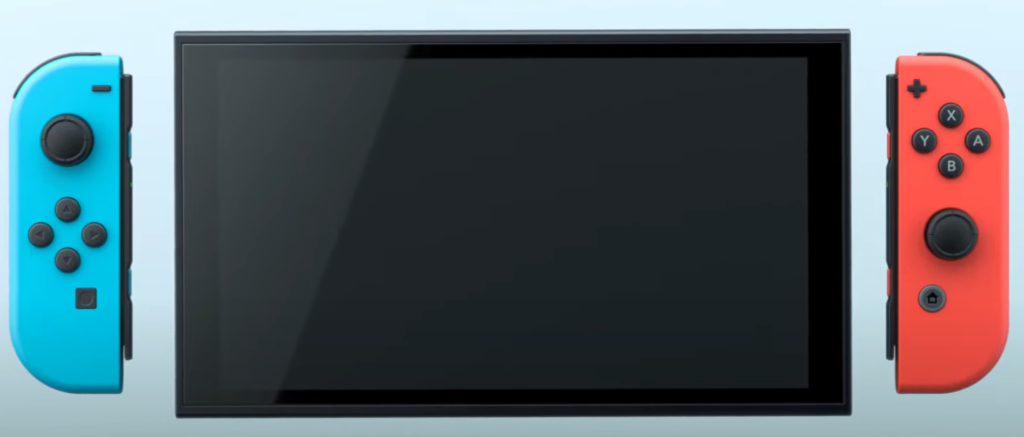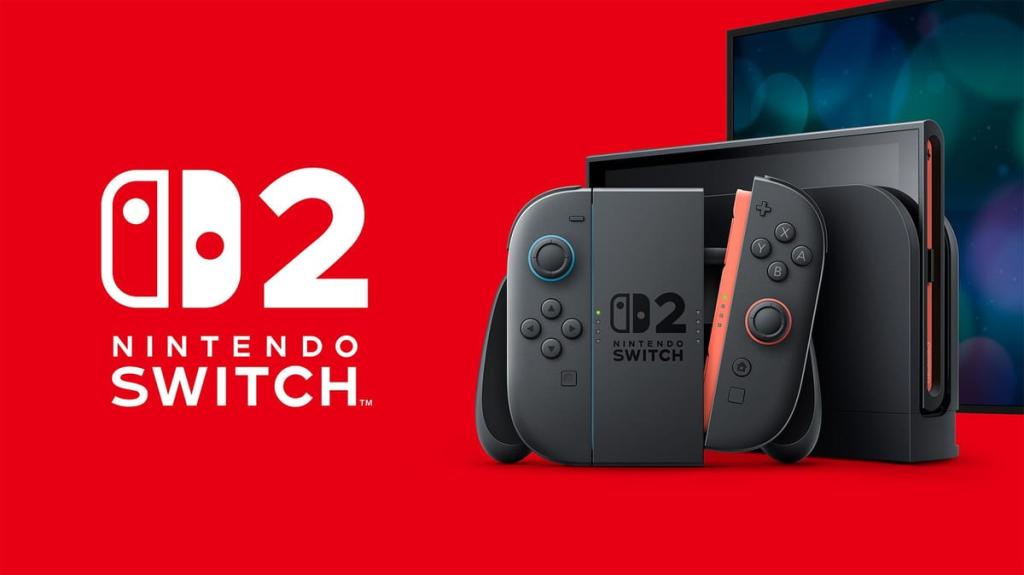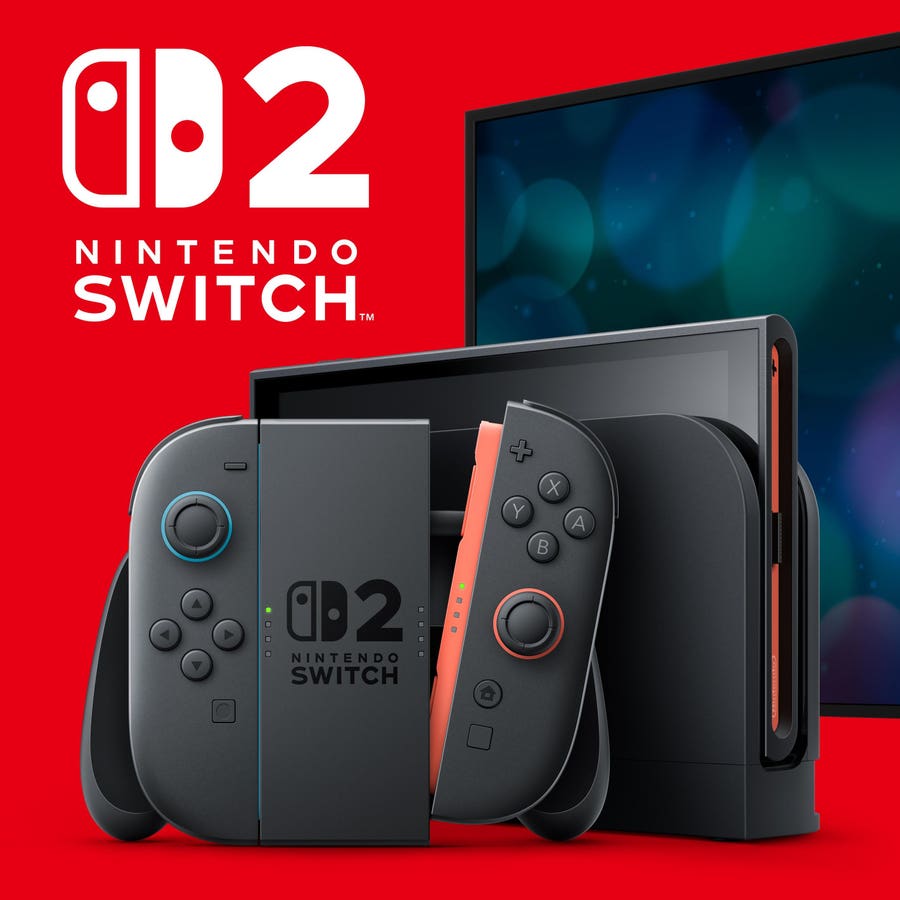The Sudden Downfall of Sony's Concord Game Explained
Explore the rapid rise and fall of Sony's Concord, revealing crucial lessons for developers in the competitive gaming industry.

Key Points
- Concord, Sony's team shooter, faced immediate failure, selling only 25,000 copies within two weeks of its launch.
- The game attracted a peak of just 697 concurrent players on Steam, highlighting its lack of engagement.
- Sony's decision to swiftly discontinue the game reflects the gaming industry's need for alignment between player expectations and game development.
In the ever-evolving world of video games, success can be a fickle friend. A recent and notable example of this is the rapid rise and fall of Sony's latest team shooter, Concord. After much anticipation and an extensive eight-year development cycle, this game was poised to make its mark on the multiplayer landscape. However, just two weeks post-launch, it has faced an abrupt termination, a decision that underscores the harsh realities of the gaming industry.
The Initial Hype
When Concord was released on August 23, 2024, expectations were high. Developed by
, the game was set to compete in a crowded field alongside established titans like
and
. Despite the investment of approximately $100 million into its development, players and critics alike soon discovered that the game could not deliver on its promise. Sales figures reportedly hovered around just 25,000 copies within the first six days, an astonishingly low number by industry standards.

The Reasons Behind the Shutdown
As the realities of the situation set in, the game's shortcomings became apparent. The game's design and character development drew criticism, failing to resonate deeply with the player base. At its peak on Steam, Concord managed to attract only 697 concurrent players, a stark contrast to more successful titles like
, which saw peaks of over 458,000 players. This dismal engagement level prompted Sony to announce the closure of Concord’s servers only two weeks after launch, effective September 6, 2024.
The Impact of the Decision
This swift decision marks a significant moment in gaming history. Usually, major publishers give their titles more time to gain traction, particularly after a significant investment. The move to discontinue Concord almost immediately is reminiscent of the fate of other high-profile games like
's Crucible, which also struggled to find a player base before being pulled offline. Such decisions point to the reality that, despite an exciting concept or generous budget, the gaming community is unforgiving when it comes to execution and satisfaction.
Market Responses and Future Directions
In a surprising twist, Ryan Ellis, the game director of Firewalk Studios, expressed intentions to explore new options that might be more appealing to players. This adaptability could pave the way for reimagining Concord as a different kind of offering in a more favorable market. Some speculate a free-to-play model could emerge, reminiscent of how Blizzard shifted
from a paid title to a free service with optional purchases that reinvigorated player interest.
It is critical for developers to learn from incidents like these. The trajectory of Concord emphasizes the importance of understanding market demands and aligning development efforts with player expectations. The gaming industry must remain agile, responding to the feedback of its community to ensure longevity and success.
In summary, the case of Concord serves as a stark reminder of the volatile nature of the gaming industry. Despite extensive investment and hopeful ambition, the inability to engage players effectively led to its premature end. As we look toward the future, it remains essential for developers to remain adaptable and in tune with their audience, learning from the lessons surrounding titles like Concord to create experiences that truly resonate and endure.


